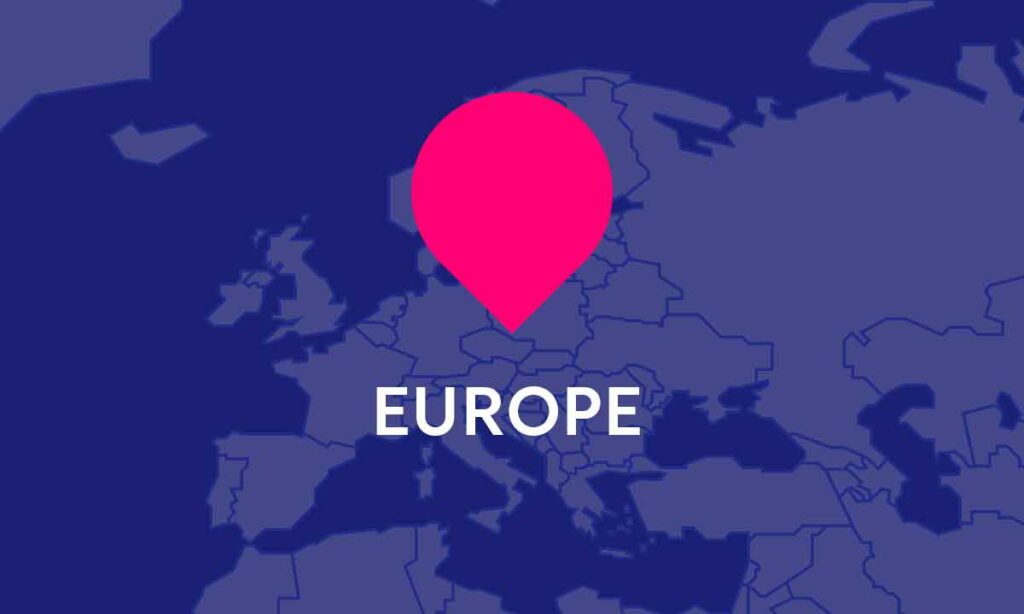In recent years, there has been a growing trend by businesses, financial institutions, cities, and regions making commitments to reach net-zero emissions. The report Integrity Matters by the United Nations’ Expert Group on the Net Zero Emissions Commitments of Non-State Entities emphasises that it’s not enough to simply make commitments; it is important to ensure that they are carried out with integrity.
Integrity is crucial when it comes to achieving net-zero emissions. It requires transparency, accountability, and a commitment to meaningful action. Businesses play a significant role in achieving net-zero emissions. They are responsible for a large portion of global emissions and have the resources and expertise to make meaningful changes. Many companies have already made commitments to achieve net-zero emissions, but it is important to ensure that they are backed by set clear targets, measure progress, and report on results.
Financial institutions, cities and regions also play a key role. Financial institutions have the power to drive investment towards low-carbon solutions and to hold companies accountable for their emissions.
The report calls for all non-state actors to reduce emissions through short‑term targets of five years or less, with the first target set for 2025. These goals need to align or exceed national targets, roadmaps and timelines. Those that have the capacity to move faster than a 50% reduction by 2030 and net zero by 2050 should do so.
These targets must include emissions reductions from a non-state actor’s full value chain and activities, including Scope 1, 2 and 3 emissions for businesses, and it is recommended that non-state actors’ goals focus on reducing absolute emissions rather than just intensity emissions.
Setting emissions reduction targets – transparency – emissions reporting

